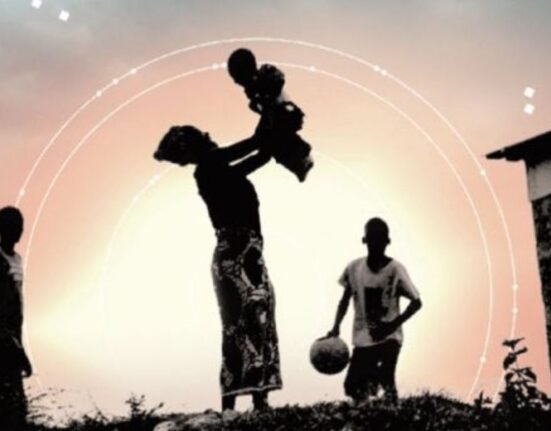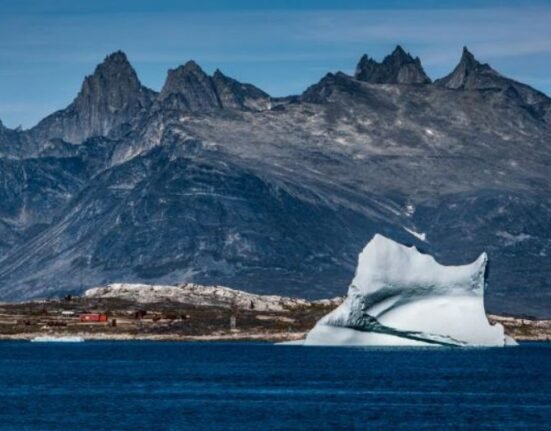HQ Team
December 1, 2023: The full year 2023 is set to be the warmest on record with global temperatures rising 1.4 degrees Celsius above pre-industrial levels, as the UN chief called on COP28 nations to set “clear expectations” for climate goals and invest in their implementation.
“Record global heat should send shivers down the spines of world leaders,” UN Secretary-General Antonio Guterres said in a video statement on the first day, November 30, of COP28 talks in Dubai. “And it should trigger them to act.”
A provisional report from the UN World Meteorological Organization (WMO), stated that carbon dioxide levels were 50% above the pre-industrial era and that the gas’s long lifetime “means that temperatures will continue to rise for many years to come.”
The maximum Antarctic Sea ice extent for 2023 was one million square kilometres less than the previous record low at the end of the southern hemisphere winter.
Glaciers in western North America and the European Alps also experienced an “extreme melt season,” the WMO report stated.
Glacier melts
As oceans continued to warm, and glaciers and ice sheets melted, a record sea level rise was also observed.
Concentrations of heat-trapping carbon dioxide, methane and nitrous oxide in the atmosphere reached a record high last year and continued to increase in 2023.
WMO stated that carbon dioxide levels were 50% above the pre-industrial era and that the gas’s long lifetime “means that temperatures will continue to rise for many years to come”.
“These are more than just statistics,” said WMO chief Petteri Taalas, who called for measures to “limit the risks of an increasingly inhospitable climate in this and the coming centuries.”
“Greenhouse gas levels are record high. Global temperatures are record-high. Sea level rise is record high. Antarctic sea ice is record low. It’s a deafening cacophony of broken records,” said WMO Secretary-General Prof Taalas.
Point of no return
“We risk losing the race to save our glaciers and to rein in sea level rise. We cannot return to the climate of the 20th century, but we must act now.
“Extreme weather is destroying lives and livelihoods daily – underlining the imperative need to ensure that everyone is protected by early warning services,” he said.
From deadly Cyclone Daniel in Libya in September to devastating floods in the Horn of Africa — following five consecutive seasons of drought and severe smoke pollution from Canada’s forest blazes — the WMO’s report highlighted the grim effects of climate upheaval on lives, health and livelihoods.
Throughout the year, communities suffering from extreme weather around the world faced food insecurity and displacement.
Five consecutive seasons of drought in the Greater Horn of Africa were followed by floods, triggering even more displacements. The drought reduced the capacity of the soil to absorb water, which increased flood risk when the Gu rains arrived in April and May.
Central American droughts
Long-term drought intensified in many parts of Central America and South America. In northern Argentina and Uruguay, rainfall from January to August was 20 to 50% below average, leading to crop losses and low water storage levels.
The UN chief said countries must “triple renewables, double energy efficiency… and phase out fossil fuels,” and “go further and faster in protecting people from climate chaos.”
Last year renewable energy capacity grew by about 10% worldwide, led by solar and wind power, according to the WMO report. A full report will be unveiled in the middle of 2024.
The COP 28 conference, ending December 12, will see the first-ever “global stocktake” to assess collective progress on cutting emissions and ramping up adaptation efforts and support to developing countries hard hit by a warming climate.
On November 30, the COP28 reached an agreement to operationalise a fund, known as ‘loss and damage’ to aid developing nations to mitigate the adverse effects of climate change.








